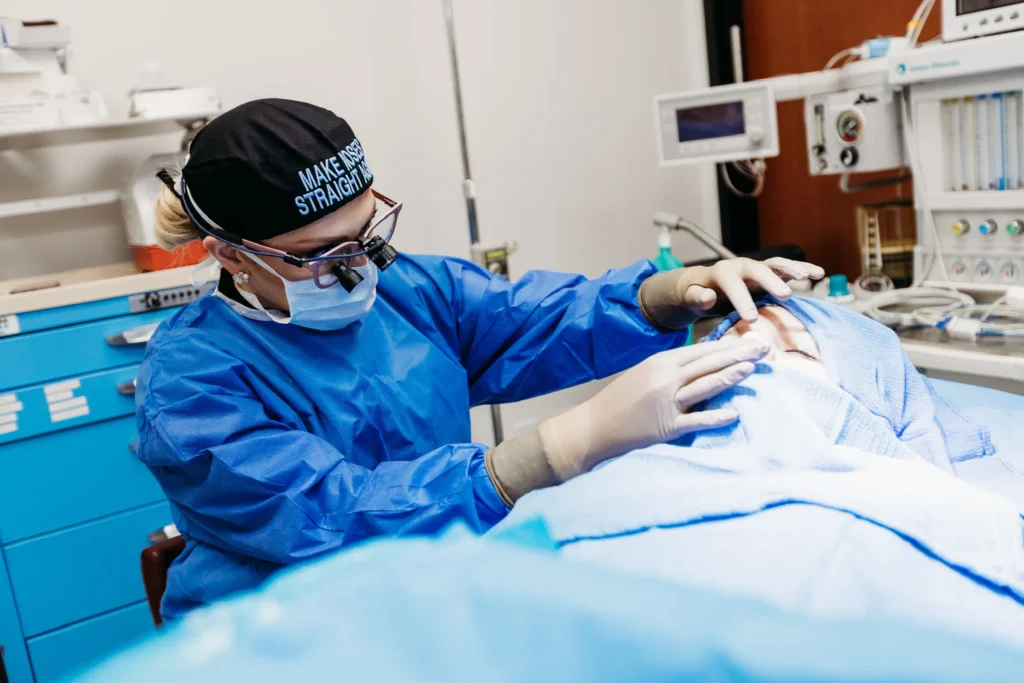A general surgeon is a highly trained medical professional specializing in diagnosing and treating conditions that require surgical intervention. While they can address a range of health issues, many focus on specific areas. These often include managing complex infections or facilitating the healing of chronic wounds. Understanding when to seek the expertise of a general surgeon is key to receiving the most effective care.
Managing Trauma and Burn Injuries
Trauma injuries and burns can arise from motor vehicle accidents, physical injuries, or exposure to flames and chemicals. A general surgeon often plays a pivotal role in managing these cases, particularly when the injuries are severe or involve significant tissue damage. They perform surgeries to repair tissues and address internal injuries. Consulting a surgeon shortly after a trauma event may be advisable when injuries impact internal organs, deep tissue, or cause recurrent complications during recovery. After initial stabilization in a hospital setting, a general surgeon often takes over to conduct necessary procedures and facilitate recovery.
Treating Ulcers with Expert Care
Ulcers, open sores that develop in the stomach lining or intestines, can cause significant discomfort. Symptoms often include abdominal pain, bloating, or recurring burning sensations. Though many ulcers are managed with non-surgical treatments, some cases may lead to complications, such as perforation, bleeding, or obstruction, requiring surgical intervention.
Surgeons assess the condition and identify any complications. They determine whether procedures like repairing the ulcer site or removing affected areas are necessary. Consulting a specialist can help prevent complications from worsening.
Diagnosing Chronic Nausea
Persistent or chronic nausea may be a symptom of underlying issues within the gastrointestinal (GI) tract. Problems such as gallstones, hernias, or intestinal obstructions are common conditions that contribute to chronic nausea and typically require surgical treatment. General surgeons evaluate these symptoms by conducting thorough diagnostic tests. These often include imaging, function testing, or bloodwork. Based on findings, they recommend the appropriate course of action to address the underlying cause. Mild nausea may not need surgery, but persistent or worsening symptoms should be evaluated for potential GI issues.
Repairing Skin with Grafts
Surgeons use skin grafts to repair and replace damaged skin caused by burns, injuries, infections, or the removal of conditions like cancer. Surgeons take healthy skin from a donor site on the body and transplant it onto the damaged area. This procedure helps promote healing and restore the skin’s appearance and function.
The success of a skin graft depends on proper wound care and a healthy blood supply to the grafted area. Surgeons will give detailed post-operative care instructions. These include managing dressings, preventing infection, and supporting healing. Complications are rare, but patients should watch for signs of infection, poor healing, or discomfort and promptly report any concerns to healthcare providers.
Choosing a General Surgeon for Your Care
Whether you are recovering from trauma, managing ulcers, or navigating prolonged nausea, discussing options with a qualified general surgeon offers avenues for tailored treatment. Their expertise encompasses diagnosing and treating a range of conditions, with a focus on improving quality of life through appropriate medical or surgical care. Consult a healthcare professional to determine the next steps in your healthcare plan.

